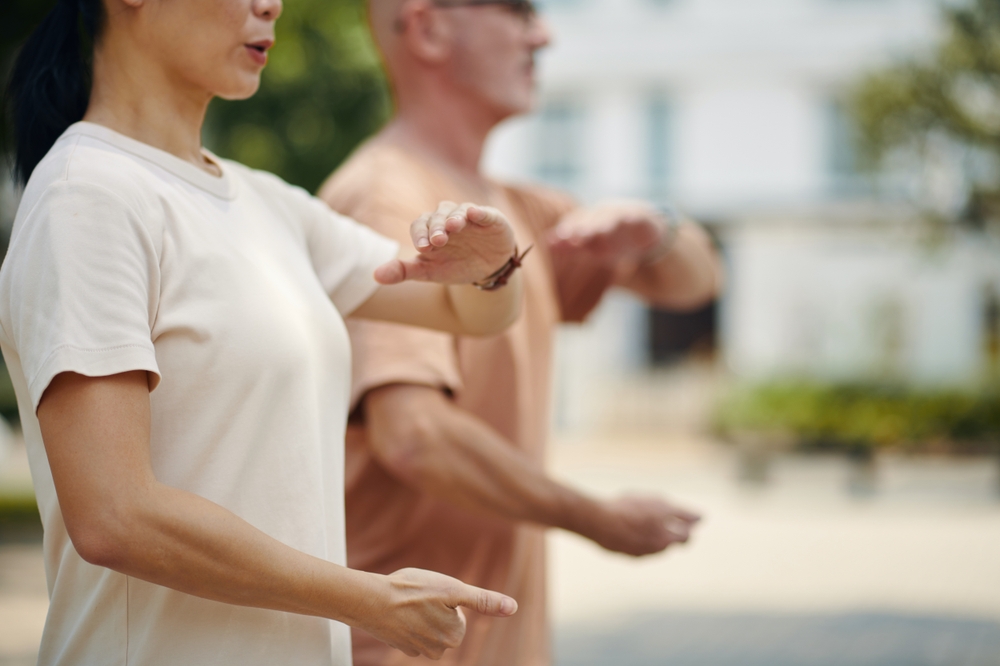Biohacking Your Circadian Rhythm: The Art of Time-Based Wellness
The ticking of your internal clock orchestrates a symphony of biological processes. But what if you could fine-tune this intricate timepiece to optimize your health, energy, and longevity? Welcome to the fascinating world of circadian rhythm biohacking, where cutting-edge science meets ancient wisdom to revolutionize our approach to wellness.

The Science Behind Your Internal Clock
Our bodies operate on a roughly 24-hour cycle, known as the circadian rhythm. This internal timekeeper regulates everything from hormone production and body temperature to metabolism and cognitive function. At the heart of this system is the suprachiasmatic nucleus (SCN), a tiny region in the brain that acts as our master clock.
The SCN receives light signals from our eyes, synchronizing our internal processes with the external world. This delicate balance can be disrupted by modern lifestyles, leading to a host of health issues. Research has shown that misalignment of our circadian rhythm can contribute to obesity, diabetes, cardiovascular disease, and even certain types of cancer.
Light Exposure: The Cornerstone of Circadian Hacking
One of the most powerful tools in circadian biohacking is strategic light exposure. Our bodies are exquisitely sensitive to light, particularly blue light wavelengths. Morning exposure to bright, natural light helps reset our circadian clock, boosting alertness and improving mood.
Conversely, excessive artificial light exposure in the evening can suppress melatonin production, disrupting our sleep-wake cycle. Circadian biohackers often use blue-light blocking glasses and apps that adjust screen color temperature to mimic natural light patterns.
Time-Restricted Eating: Syncing Meals with Your Body Clock
The timing of our meals plays a crucial role in circadian rhythm regulation. Emerging research suggests that aligning our eating patterns with our natural biological rhythms can have profound effects on metabolism, weight management, and overall health.
Time-restricted eating, a form of intermittent fasting that limits food consumption to a specific window each day, has shown promising results in optimizing circadian function. Studies have found that this approach can improve insulin sensitivity, reduce inflammation, and enhance cellular repair processes.
Temperature Regulation for Optimal Sleep
Body temperature fluctuations are intricately linked to our circadian rhythm. Our core temperature naturally drops in the evening, signaling to our body that it’s time to sleep. Biohackers leverage this knowledge by manipulating environmental and body temperature to enhance sleep quality.
Techniques such as taking a warm bath before bed or using cooling mattress pads can help facilitate this natural temperature drop, promoting deeper and more restorative sleep. Some enthusiasts even experiment with whole-body cryotherapy or controlled hyperthermia to reset their circadian clocks.
Chrono-Exercise: Timing Your Workouts for Maximum Benefit
The timing of physical activity can significantly impact its effectiveness and our overall circadian health. Morning exercise has been shown to advance the body clock, making it easier to wake up early and fall asleep at night. It also boosts metabolism and enhances cognitive function throughout the day.
However, evening exercise can also have benefits when done correctly. Light to moderate activity in the early evening can help reduce stress and promote relaxation, while vigorous exercise should be avoided close to bedtime as it can interfere with sleep onset.
Mindfulness and Stress Management in Circadian Context
Stress and mental state profoundly affect our circadian rhythm. Chronic stress can disrupt our natural cycles, leading to sleep disturbances and hormonal imbalances. Incorporating mindfulness practices like meditation or yoga into your daily routine can help regulate stress hormones and support healthy circadian function.
Interestingly, the effectiveness of these practices may vary depending on the time of day. Some research suggests that morning meditation can help set a positive tone for the day, while evening relaxation techniques can prepare the body and mind for restful sleep.
Circadian Biohacking: Practical Tips for Optimal Wellness
-
Expose yourself to bright natural light within 30 minutes of waking
-
Maintain consistent sleep and wake times, even on weekends
-
Avoid caffeine after 2 PM to prevent sleep disruption
-
Create a dark, cool sleeping environment for optimal rest
-
Use dim, warm lighting in the evening to signal bedtime to your body
-
Practice a calming bedtime routine to wind down before sleep
-
Consider using a sunrise alarm clock for gentler morning awakenings
-
Experiment with timing your meals within an 8-12 hour window
-
Engage in moderate exercise in the morning or early evening
-
Take short “circadian breaks” throughout the day to reset and realign
As we continue to unravel the complexities of our internal clocks, the potential for optimizing our health through circadian biohacking becomes increasingly apparent. By aligning our daily habits with our natural rhythms, we can unlock a new level of vitality and well-being. Remember, small adjustments to your routines can lead to significant improvements in your overall health. Embrace the art of time-based wellness and discover the transformative power of living in harmony with your circadian rhythm.






